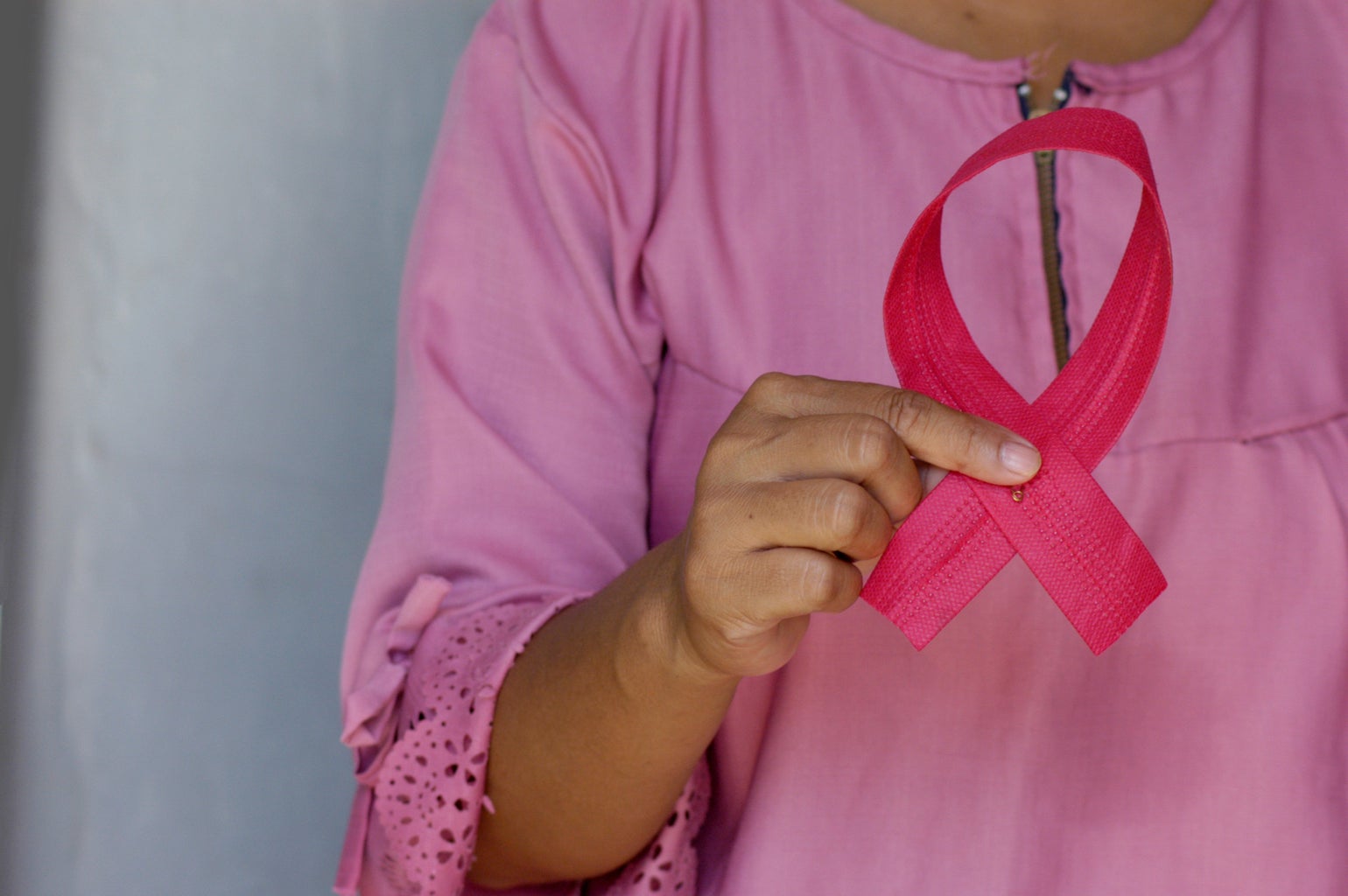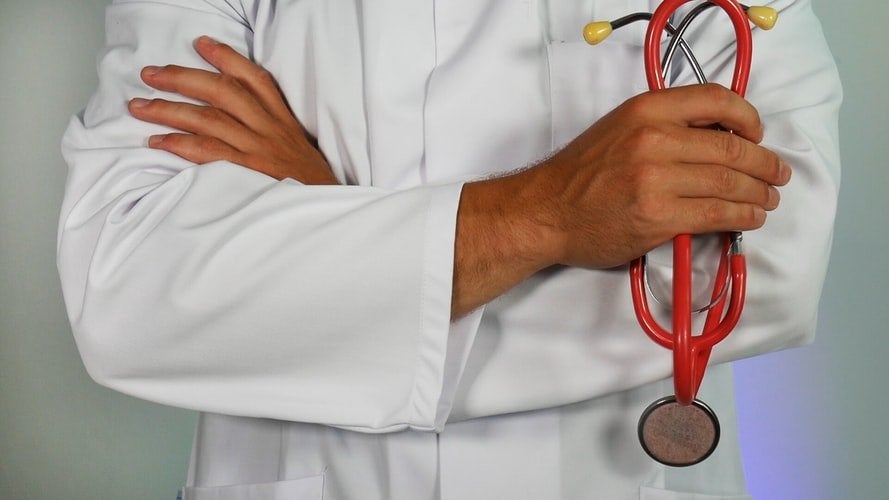Firsts are freaky, but they don’t have to be. In Her Campus’ series My First Time, we’re answering the burning questions you might be uncomfortable asking about IRL. In this article, we tackle getting a BRCA gene test for the first time.
Growing up, I remember seeing everyone wear “I <3 Boobies” bracelets for breast cancer awareness. Of course, elementary school Julia had no idea what breast cancer actually was, and I’ve been lucky enough to have never seen any of my loved ones suffering from it. However, now that I’m 21 I’ve taken it upon myself to protect myself as much as possible, and that includes learning about precautions like BRCA gene testing.
Both BRCA1 and BRCA2 are blood tests that can tell if higher risk of getting cancer; in fact, the B and R come from the first two letters of breast cancer, according to Mount Sinai.
The BRCA1 and BRCA2 genes normally suppress cancerous tumors, but when the genes are mutated, they don’t suppress tumors as they should. While women with the mutation are at higher risk of getting breast cancer or ovarian cancer, mutations can also increase your risk for developing cervical cancer, uterine cancer, stomach cancer, and more.
I spoke with two experts — Mahmoud Abdelaziz and Aliyah Moore, PhD. — about the BRCA gene test, and here’s what you need to know before getting your first BRCA gene test.
So, how does BRCA gene testing work?
First of all, let’s get one thing straight: BRCA gene testing is for everyone with a familial history of breast or ovarian cancer. However, all women who have access may do it in order to empower their health choices.
“It’s not a routine test for college students or the general population,” says medical professional Mahmoud Abdelaziz. Genetic counseling can help determine who should consider this test.
When you hear the name BRCA gene test, it can sound really complex and scary, but it isn’t. It’s actually a relatively simple procedure.
The process is definitely simple, your DNA sample is often collected through a blood sample or cheek swab. From there, “the sample is then sent to a specialized laboratory, where scientists examine it to determine if there are any changes in the BRCA genes that could increase your cancer risk,” says Aliyah Moore, a sexual health expert.
It typically takes two to four weeks to get your results back, and the results of the test can help you and your healthcare provider make informed choices about your health and, if necessary, help determine what preventative measures should be done next.
Where can students get a BRCA gene test done?
Many hospitals and medical centers provide BRCA gene testing, but if you have specific questions or concerns you can always turn to a different healthcare provider like your primary care physician or gynecologist, Moore says.
You can do the procedure at specialized clinics or genetic testing centers, and healthcare providers can guide you to the appropriate testing facilities, Abdelaziz says.
Your primary care provider can actually order the test for you in addition to directing you toward a genetics counselor. Additionally, the National Society of Genetic Counselors’ directory is a great resource for finding genetic counselors on your own.
It’s also important to speak with genetic counselors who “specialize in assessing your risk of hereditary conditions, such as BRCA mutations,” Moore adds. “They can help you understand the implications of test results and facilitate the testing process.”
How much does the test cost?
Like all other college students, you’re probably wondering how much the test costs. It’s important to remember that you shouldn’t necessarily put a price tag on your health, but it’s still necessary to check with a testing facility for specific pricing.
While some insurance plans will cover the test due to familial history with cancer, coverage can still vary, Abdelaziz says. At the end of the day, the cost of testing ranges from under $100 to more than $2,000. Let’s break that down together.
First, “genetic counseling is usually recommended before and after testing, with costs ranging from $100 to $300 per session, but these may be covered by insurance,” Moore says.
From there, clinical testing with full sequencing and analysis of both genes can range from $300 up to $5,000, depending on the laboratory and depth of genetic analysis, Moore adds.
Luckily, it’s usually covered by insurance if you meet certain criteria. For example, Medicare has specific BRCA testing criteria that only allow those with a personal history of cancer to be covered, according to Penn Medicine.
Unsurprisingly, the BRCA gene test can be extremely expensive. If you have the ability to do the test, especially for those who have a family history of cancer, it’s extremely important to look into your options.




